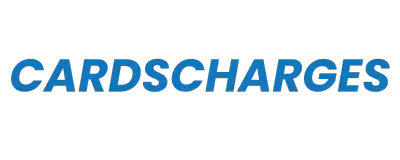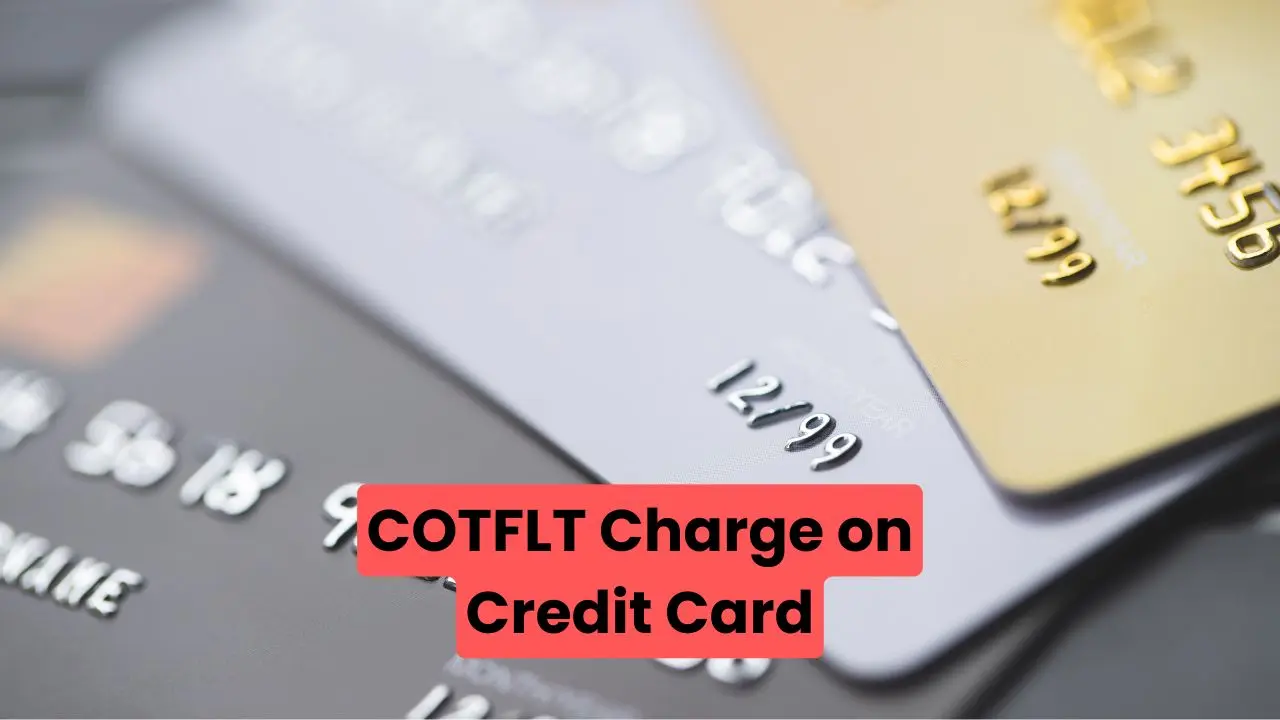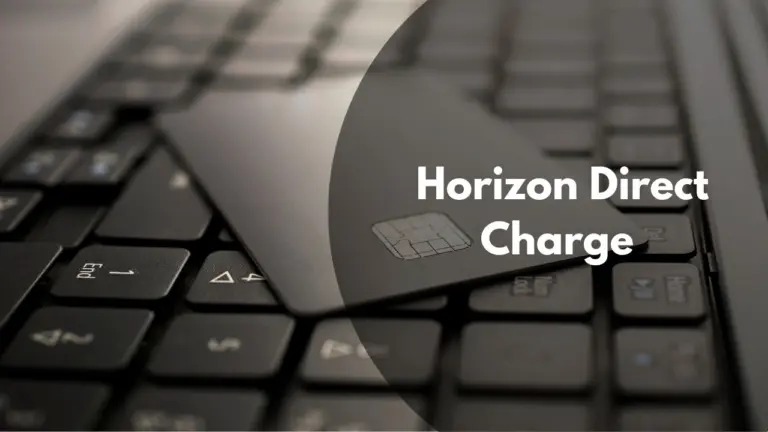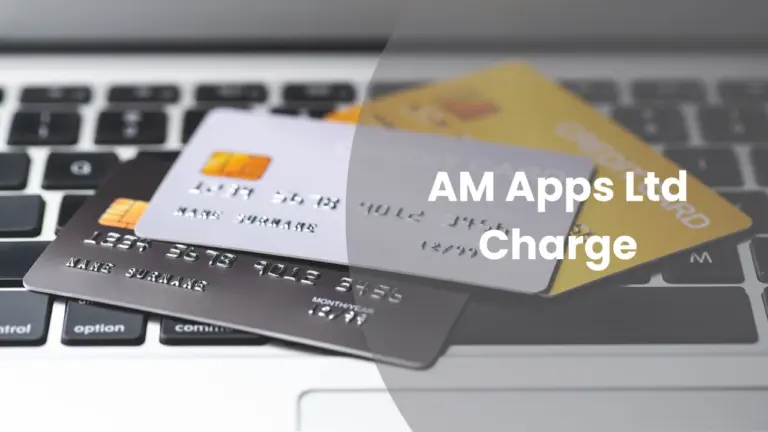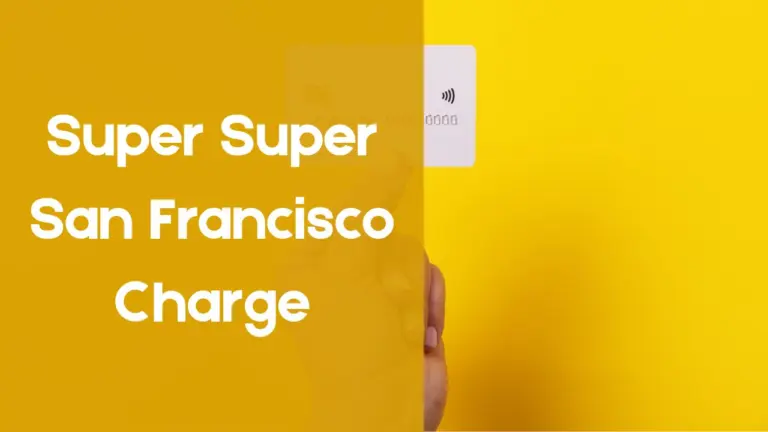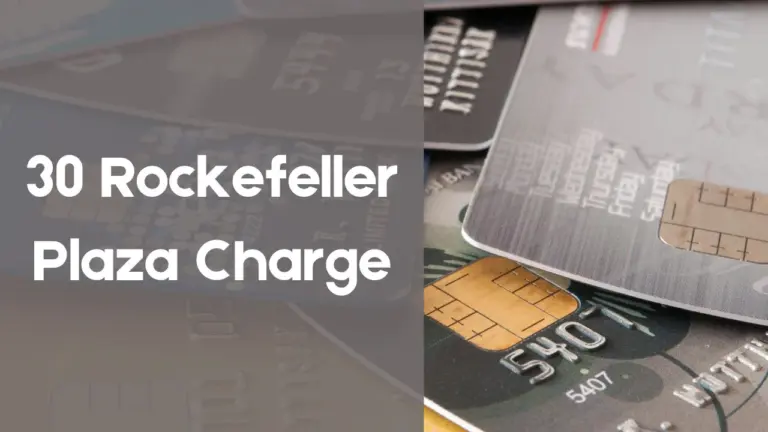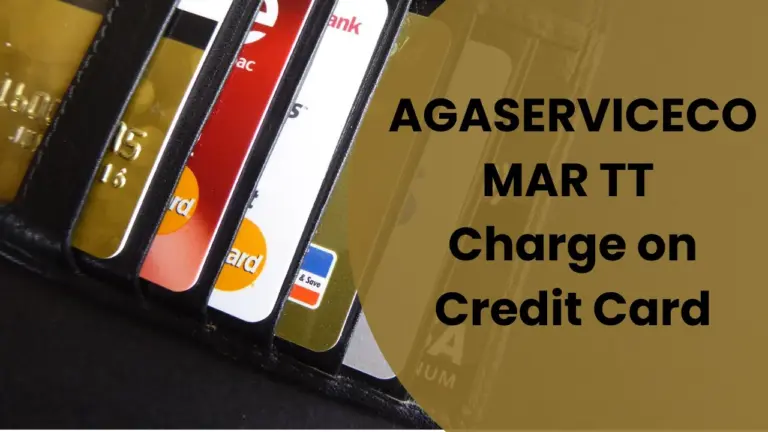COTFLT Charge on Credit Card – Legit or Scam?
Understanding a credit card statement can sometimes be tricky, especially when unfamiliar charges appear. One such charge, labeled as “COTFLT,” often leaves cardholders puzzled.
The charge usually relates to a specific type of transaction, but its cryptic abbreviation doesn’t immediately offer clarity. Knowing what this charge represents and how to address it can save you both time and unnecessary stress.
What Is the COTFLT Charge on Your Credit Card?
When you notice the abbreviation “COTFLT” on your credit card statement, it’s easy to feel uncertain about its origin. This term is most commonly linked to transactions made through Capital One Travel, an online platform for booking flights, hotels, and car rentals. Capital One Travel often provides exclusive rewards and benefits for its credit cardholders, making it a popular choice for planning trips.
The “COTFLT” abbreviation typically indicates a flight purchase made via this platform. If you’ve recently booked a trip through Capital One Travel, chances are the charge is legitimate and corresponds to your booking. It’s important to note that the abbreviation itself is not self-explanatory, which often leads to confusion among users.
Occasionally, authorized users on your account may also trigger this charge by booking travel services. If you share your credit card with someone else, it’s wise to verify their transactions to confirm the legitimacy of the charge. However, in some cases, unexplained charges like COTFLT could be a red flag for fraudulent activity. It’s always a good idea to take a closer look whenever something seems off.
Why Did This COTFLT Charge Appear on Your Statement?
Flight Booking Through Capital One Travel
The most common reason for a COTFLT charge is a flight booking made via Capital One Travel. If you or someone with authorized access to your credit card reserved a flight using this platform, the charge is likely legitimate.
Capital One Travel simplifies travel bookings and often labels these charges as “COTFLT” for flights.
Subscription Services or Memberships
Sometimes, companies use abbreviated names for billing, making it hard to associate the charge with a specific service. If you’ve subscribed to a travel-related membership or similar service, the COTFLT charge might relate to a recurring payment processed under this code.
Unauthorized or Fraudulent Activity
Unfamiliar charges like COTFLT could indicate fraudulent use of your card. If you haven’t authorized a flight booking or any related transaction, this charge might be a sign of unauthorized activity. Taking immediate action in such cases is essential to secure your account.
Transactions by Authorized Users
If you share your credit card with someone else, they may have initiated the charge without informing you. Checking with all authorized users can clarify whether the charge is valid or needs further investigation.
What to do If the Charge is Unauthorized>
Unrecognized charges on your credit card can be alarming, especially when you’re sure you didn’t make the transaction. If you determine that the COTFLT charge is unauthorized, follow these steps to address the issue effectively and safeguard your account.
Step 1: Report the Charge to Your Card Issuer
Contact your credit card issuer immediately to report the unauthorized charge. Provide details such as the charge amount, date, and description. Most issuers have a streamlined process to dispute fraudulent transactions. Reporting the issue promptly helps ensure the charge is flagged and resolved quickly.
Step 2: Dispute the Transaction
Once the charge is reported, your card issuer will guide you through the dispute process. This may involve filling out a form or providing a written statement. Be prepared to submit any supporting documents, such as a statement showing the unauthorized charge. The issuer will investigate the claim and may credit your account for the disputed amount during the review.
Step 3: Monitor Your Credit Card Statements
Carefully review your credit card statements over the next few months. Unauthorized activity often doesn’t stop at one charge. Setting up transaction alerts can help you detect any unusual activity in real-time, allowing you to act immediately if needed.
Step 4: Request a Replacement Card
To prevent further misuse, your credit card issuer may issue a new card with a different number. Update your payment details for any legitimate subscriptions or services tied to your old card to avoid payment disruptions.
Step 5: Strengthen Security Measures
Take this opportunity to enhance your financial security. Update your passwords for online accounts, enable two-factor authentication, and ensure your personal information is safeguarded. These steps reduce the likelihood of future fraudulent charges.
By addressing an unauthorized COTFLT charge proactively, you minimize the impact on your finances and credit score. Acting quickly is key to resolving the issue and preventing further unauthorized transactions.
Frequently Asked Questions (F.A.Q)
What does COTFLT stand for?
COTFLT stands for “Capital One Travel Flight.” It appears on your credit card statement when you book a flight through Capital One Travel’s platform. This abbreviation is specifically used for travel-related transactions, primarily flights.
Is the COTFLT charge always related to flight bookings?
Yes, in most cases, COTFLT charges indicate flight bookings made through Capital One Travel. However, reviewing your booking history is essential to confirm this, as subscription services or unauthorized activity can sometimes create confusion.
Can I dispute a COTFLT charge if it wasn’t authorized?
Absolutely. If the charge is unauthorized, you should report it to your credit card issuer immediately. They will guide you through the dispute process, investigate the claim, and may issue a temporary credit while resolving the issue.
What should I do if an authorized user made the transaction?
If an authorized user on your account made the purchase, confirm the details with them. Ensure everyone with access to your card understands the importance of informing you about transactions to avoid confusion.
How can I prevent fraudulent charges like COTFLT?
Regularly review your statements, enable transaction alerts, use secure websites, and avoid sharing your card information unnecessarily. Adding advanced security measures like virtual card numbers or two-factor authentication can also help.
Will reporting an unauthorized charge affect my credit score?
Reporting an unauthorized charge will not impact your credit score. It’s part of the dispute resolution process, and your issuer protects you against liability for fraudulent charges.
Wrapping Up
Encountering a COTFLT charge on your credit card statement can be confusing, but understanding its connection to Capital One Travel often clarifies its legitimacy. Most of the time, this charge corresponds to a flight booking made through Capital One’s travel platform, either by you or an authorized user. However, if the charge seems unfamiliar or unauthorized, it’s crucial to act promptly.
| Read Also |
| CSC Service Work Charge |
